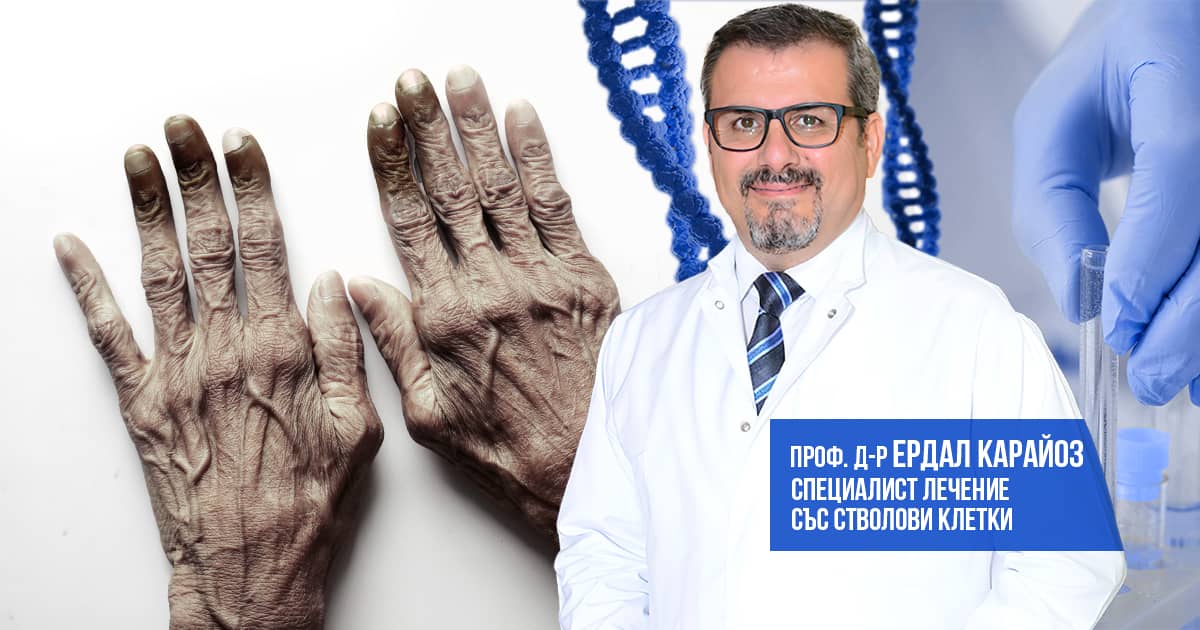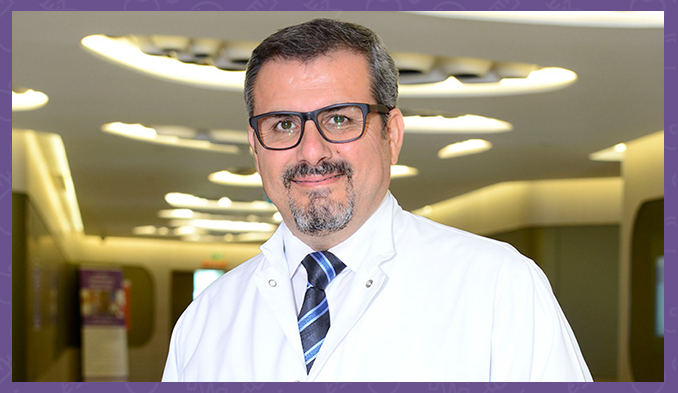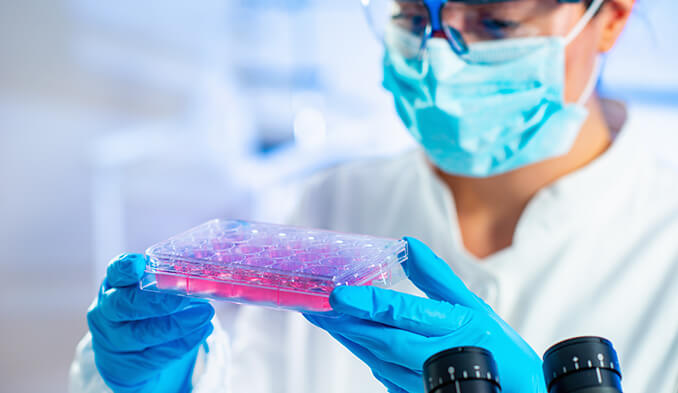Obliterative thrombangiitis (OTO), also known as Bürger's disease, is a recurrent progressive inflammation and thrombosis (clotting) of the small and medium-sized arteries and veins of the arms and legs. In Burger's disease, your blood vessels become inflamed, swell and can become blocked with blood clots (thrombi). This eventually damages or destroys skin tissues and can lead to infection and gangrene.
The exact cause of Bürger's disease is unknown. Although tobacco use clearly plays a role in the development of Burger's disease, it is not clear how it does so. Experts suspect that some people may have a genetic predisposition to the disease. It is also possible that the disease is caused by an autoimmune response, in which the body's immune system mistakenly attacks healthy tissue. So the treatment procedure should be planned according to the patient's immunity.
How can stem cells help?
Several studies have recently reported that cell therapy using stem cells induces the development of new collateral vessels and improves ischemic symptoms in patients with Bürger's disease. This simple, safe and effective treatment method can improve the patient's condition. Eventually, the disease can be stopped. In Bürger's disease, stem cells are expected to have a peripheral anti-inflammatory effect, with the potential to calm autoimmune reactions.
Treatment
Stem cells are used for treatment by intramuscular injection. This improves symptoms through vascular regeneration.
However, when discussing enhancements, it is important to remember that enhancements can vary greatly from one patient to another due to many factors such as the patient's course of treatment, physical condition, severity, age, etc. Therefore, improvement cannot be guaranteed.










